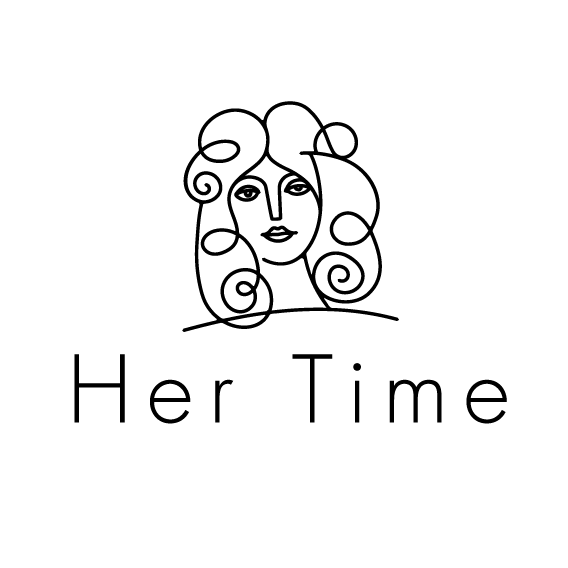Understanding the Impacts of Domestic, Family, and Teen Dating Violence
Domestic and family violence, as well as teen dating violence, leave profound and far-reaching impacts on the lives of women and young women. Abuse often manifests as patterns of coercive and controlling behaviours, employed over time to instill fear, manipulate, and control. These tactics vary in their form and impact, as each survivor experiences them uniquely. Below is an overview of common forms of abuse:
Emotional Abuse
Emotional abuse involves tactics such as gaslighting, mind games, blackmail, humiliation, degradation, put-downs, and name-calling. It can make you feel as though you’re “walking on eggshells.” These behaviours aim to erode your self-worth, leaving you feeling unworthy, hopeless, or unlovable. Emotional abuse often results in profound feelings of guilt, shame, despair, and worthlessness, deeply influencing how you see yourself and the world around you.
Isolation
Isolation is used to control your interactions, movements, and relationships. This may involve:
• Dictating who you see, where you go, or what you wear.
• Using jealousy or accusations of infidelity to limit your involvement with friends or colleagues.
• Sabotaging relationships by creating conflict or telling you others are “bad for you.”
• Monitoring or questioning your every move, such as tracking your phone or social media activity.
• Physically preventing you from leaving by taking your keys or blocking your exit.
Intimidation
Intimidation includes behaviours designed to instill fear, such as:
• Threatening gestures, looks, or actions.
• Smashing objects, throwing items, or punching walls.
• Driving recklessly or making threats to harm you while driving.
• Using physical presence or size to intimidate such as standing over you, or using “play fighting” that causes harm and is later dismissed or downplayed as accidental.
Sexual Abuse
Sexual abuse includes any non-consensual or unwanted sexual acts. This may involve:
• Coercion, guilt-tripping, or pressure for sexual activity.
• Forcing participation in acts or viewing material you find uncomfortable.
• Spreading false sexual rumours about you.
Physical Abuse
Physical abuse involves any act of physical harm, such as:
• Pushing, shoving, slapping, strangulation, hitting, hair-pulling, or any other forms of assault that cause bruising, pain or injury.
Threats and Coercion
This form of abuse includes:
• Threatening suicide if you leave.
• Threatening harm to you, your children, family members, or pets.
• Threatening to report you to authorities like police, child protective services, or government agencies.
• Forcing you to drop charges or comply with demands against your will.
Cyber Abuse
Cyber abuse leverages technology to control or harm, such as:
• Spreading private information, photos, or videos online.
• Stalking or monitoring you through social media.
• Sending excessive messages, including threats, insults, or manipulative statements.
Stalking
Stalking involves unwanted, obsessive attention, including:
• Following you or appearing where you are.
• Monitoring your activities through devices, apps, or tracking software.
• Sending unwanted messages or mail, making repeated phone calls, or signing you up for services without consent.
• Installing surveillance devices in your home or car.
Post-Separation Abuse
Abuse often escalates or continues after leaving a relationship. Post-separation abuse may involve:
• Delaying property settlements or prolonging legal matters.
• Refusing to co-parent amicably or using children to manipulate or control.
• Stalking, intimidation, and harassment.
• Engaging in custody battles without prior involvement in caretaking.
Understanding and Support
Every survivor’s experience is unique, and the tactics of abuse extend far beyond these examples.
Recognising these tactics is a critical step toward healing and recovery. You are not alone, and there is help available to support you in reclaiming your safety, autonomy, and sense of self.
If you or someone you know is experiencing abuse, consider reaching out to a trusted therapist or support service for assistance including 1800respect or 1800811811 (Dv Connect). Everyone deserves to live free from fear and control.

